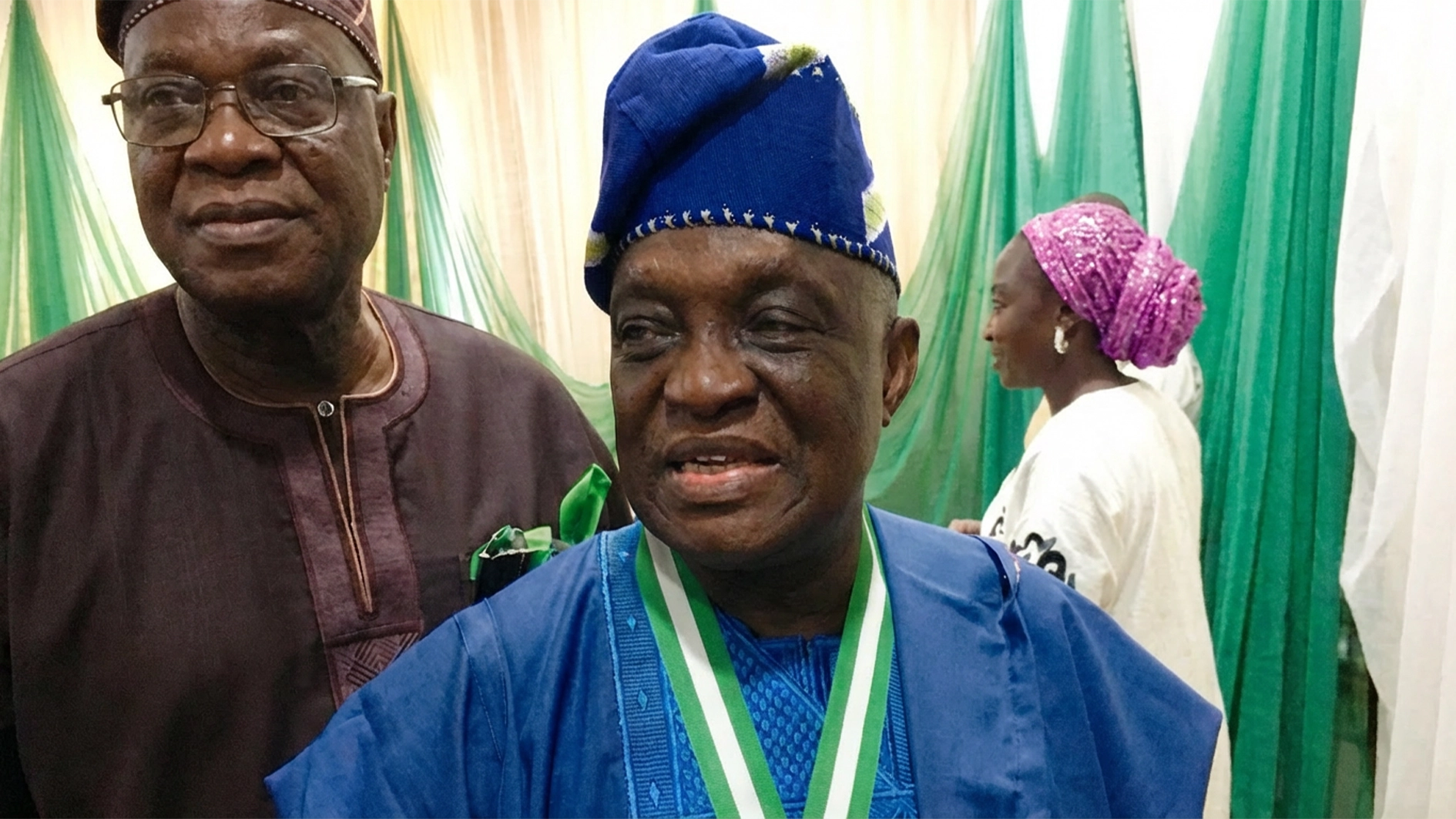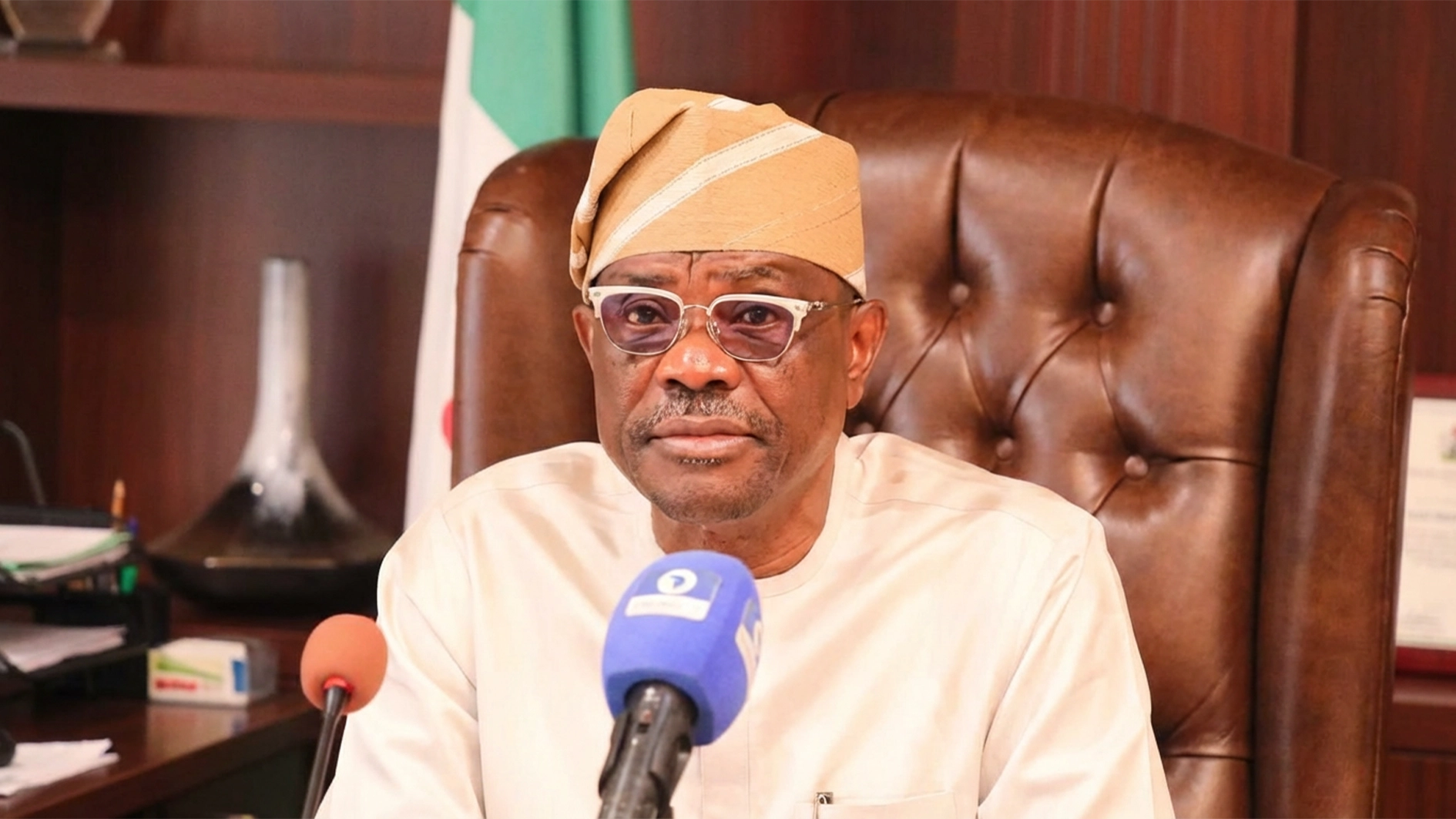Nigeria, Africa’s most populous nation, is often described as a country of great potential. Yet, that potential remains largely unrealised. Decades after independence, the nation continues to grapple with a fragile economy held hostage by four interwoven forces: excessive borrowing, absence of productivity, inflation, and corruption. Consequently, Nigeria’s political economy has long been characterised by systemic corruption, policy somersault and a dangerous reliance on oil rents.
These challenges, rather than existing in isolation, feed off one another in a toxic cycle that cripples national governments and development. However, some subnational such as Anambra state offers a compelling counter-narrative, one that emphasises fiscal discipline, local productivity, and a pragmatic approach to governance.
These macro and micro economic issues have persisted across administrations at federal level, undermining real economic growth, inflating public debt, and eroding the purchasing power of citizens. They are widely seen as emblematic of entrenched dysfunctions such as the persistent and phenomenal interplay of borrowing, absence of productivity and inflation within Nigeria’s corrupt political economy.
This foreshadows a compelling and revolutionary need to make critical choices either to re-jig the economy in defense of the federal system or hand over power over the economy to subnational autonomies. The Federal Government of Nigeria since the dawn of civilian democracy has been addicted to debts; a syndrome that dazzled its bold face in the last ten years. Between 2015 and 2023, public debt allegedly ballooned from N12.1 trillion to over N77 trillion, driven by both domestic and external loans.
Again, it allegedly rose to N149. 39 trillion as of March 31, 2025, marking a year-on-year increase of N27. 72 trillion or 22.8 per cent compared to the N121. 67 trillion recorded in the corresponding period of 2024. While some of these loans were justified by emergencies such as the COVID-19 pandemic and oil price shocks, much of it went into recurrent expenditures rather than productive infrastructure.
Alarmingly, debt servicing began consuming over 90 per cent of government revenue by 2022 which is a clear sign of unsustainable borrowing.
The syndrome is that one government after the other since 1979 has continued the borrowing without any productive base. The country borrows heavily to fund its budgets, yet the returns on these loans are rarely visible in infrastructure, education, or health. Worse still, the borrowed funds are frequently mismanaged or diverted, with little accountability.
Rather than borrowing for capital projects that stimulate growth, the governments too often borrow just to stay afloat. This debt trap, when combined with poor revenue generation outside of oil, places Nigeria in a precarious fiscal position.
However, at the heart of Nigeria’s economic malaise is a deeply troubling lack of productivity. Despite a large and youthful population, the country underperforms in key sectors. Productivity as a silent casualty of rentier governance results in national economic paralysis. Again, Nigeria’s over dependence on oil has produced a rentier state that prioritises extraction and distribution over innovation and production.
Successive administrations paid lip service to diversification through programmes like the “Anchor Borrowers Scheme” and “Economic Recovery and Growth Plan,” but real sector productivity remained stagnant. Poor implementation, corruption, and insecurity undermined progress in agriculture and manufacturing. Agriculture is still largely subsistence-based. The manufacturing sector remains weak due to erratic power supply, high cost of production, and infrastructural decay.
Even the tech and service industries which are bright spots in other economies, are hindered by policy inconsistency and poor access to finance Nigeria. These governments including the present one, introduced some structural reform, but without addressing core issues such as insecurity, power supply, and regulatory bottlenecks. As a result, productivity remains stifled, and Nigeria continues to import more than it exports, even in basic food items. A nation that does not produce cannot grow.
With low output, few exports, and rising imports, Nigeria’s economic engine motionless. Inflation, a consequence of policy somersaults in Nigeria, with food inflation hitting record highs is due to insecurity in farming regions.
The Central Bank under Godwin Emefiele pursued a loose monetary policy, flooding the system with naira without matching productivity. The simultaneous removal of fuel subsidies and floating of the naira in mid-2023 triggered a cost-push inflation crisis. As of 2025, inflation remains in double digits, worsening poverty and inequality.
Nigeria’s inflation is, therefore, not purely an economic phenomenon, it is also political. It is driven in part by widespread corruption at nearly every level of governance. When public funds are siphoned off through inflated contracts and ghost projects, the money supply grows without a corresponding increase in goods or services, classic recipe for inflation. In the oil sector, corruption around fuel subsidies and foreign exchange allocations distorts market signals, causing artificial scarcity and price spikes. It therefore, evidentl that cost-push inflation is a uniquely Nigerian twist because it is not caused by global supply shocks, but by local greed.
Ultimately, corruption lies at the root of Nigeria’s economic problems. It weakens the institutions meant to check excessive borrowing, support productivity, control inflation, and ensure transparency. A corrupt system discourages foreign investment, erodes public trust, and ensures that even well-designed policies fail in implementation. It diverts funds from critical sectors to private pockets and empowers a political class more interested in personal enrichment than national progress.
The road ahead is not easy, but it is possible. Nigeria’s challenges are deep, but so is its potential. The country needs courageous leadership, informed citizens, and a renewed commitment to building an economy that works, not just for the powerful few, but for all Nigerians. It’s not enough to implement bold reforms, such as removing fuel subsidies and unifying exchange rates, the government should not rely on financing from the Central Bank, often without a corresponding increase in productive capacity.
There is, therefore, the revolutionary need to break the cycle of underdevelopment caused by borrowing, unproductivity, inflation and corruption in Nigeria. While tackling inflation with monetary tools, and addressing the structural and corrupt practices that drive it, there must be fiscal discipline and transparency in borrowing. Both the Federal and subnational governments should prioritise real investment in productive sectors, especially agriculture, manufacturing, and education. Most importantly, there is urgent need to implement genuine anti-corruption reforms backed by political will and institutional strength, the Anambra state example.
Prof. Dukor is President/Editor-in-Chief of Essence Library (cultural and scientific Development Center), Department of Philosophy, Nnamdi Azikiwe University, Awka.






